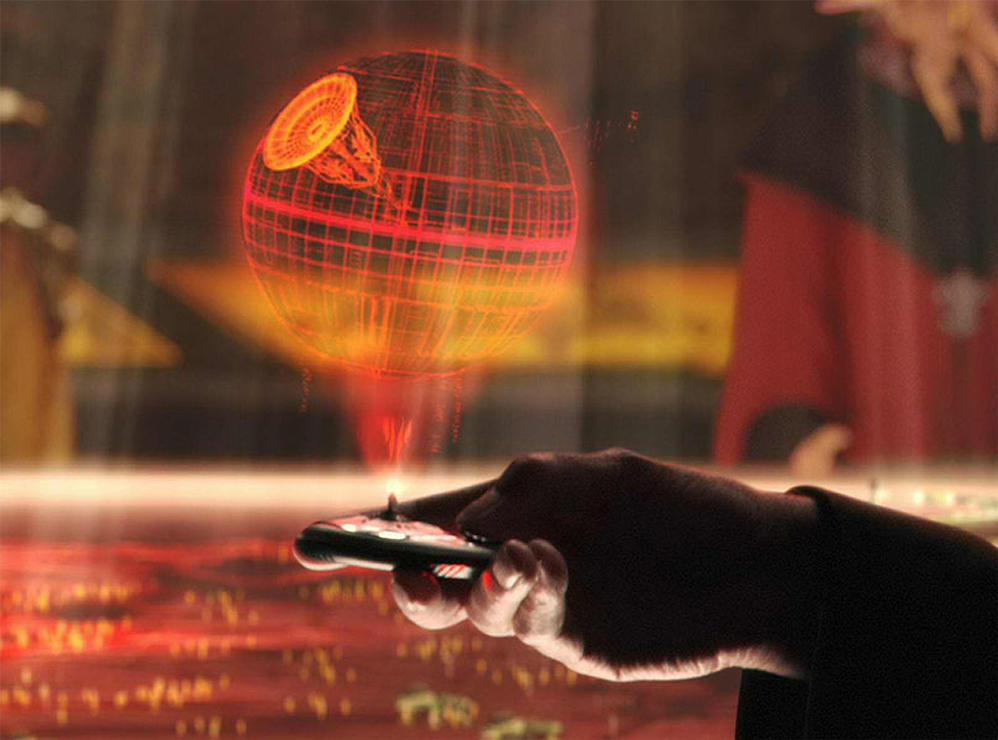This morning, I watched a short TED talk on crafting realistic worlds, given by author Kate Messner. I'd never heard of her before, but her thoughts on the subject are close to others I've read, and to some of my own thoughts on the matter. The talk is worth watching for anyone interested in writing, whether or not they entertain ideas about writing fantasy or science-fiction.
I've been writing in some form or other since I was in fifth grade, almost all of it science fiction or fantasy. While continually trying to improve my writing is a struggle, world-building is and always has been one of the true joys for me, more entertaining by far than trying to craft realistic dialogue. Call it the historian in me, but I love crafting a fictional history for the stories I write, drawing deeply from the real-world history I know. Nothing that happens today takes place in a vacuum, and similarly no fictional story can exist absent a history. Good writers know this intuitively, for even if the backstory is only hinted at, it is still present in the tale. Even if it never openly enters the story, it is important to know the history of the world you've created.
The world that is developed must follow rules that are established at the outset. The rules of physics and geology in some way or other must constrain the world, even if they are quite different rules from the ones that govern our own planet, and these will shape the stories that develop out of this world. If there are limits to this world, characters and stories must obey them, or have a very good explanation for breaking them. This is especially true in regards to magic--even in a fictional world, any use of magic should follow established rules, or else it risks becoming a deus ex machina, one that could lead to an ending or a plot twist that is quite literally unbelievable to any reader. As a friend of mine remarked, a good fictional world shouldn't require the suspension of disbelief, so much as it should be developed well enough that readers find it believable on its own terms.
Different cultures too should be taken into account in crafting a fictional world. If your story involves many different cultures and nations, these cultures must have definition to be believable. What do they value? What language do they speak, what kind of clothes do they wear? What kind of goods are traded? How do these nations or cultures view each other? These details give shape to the world the author creates, to help make it a believable one. Learning to develop and incorporate these things has been a difficulty in my own writing; I remember writing a story for some time before realizing that while I had a number of different nations, all the characters spoke to each other with no difficulty and without explanation. Failure to think more deeply about the language divisions in that world, or to give even a token explanation as to why they all spoke a common language, made the story less realistic.
Some authors do world-building extraordinarily well, and that in no small part helps make their writing great. Tolkien, for example, started with creating languages out of his love of linguistics. The worlds, cultures and characters arose from that. In reading A Song of Ice and Fire, by George R. R. Martin, it's clear he has put a lot of thought into the cultures he has created, drawing from numerous aspects of our own world. Other authors simply seem to stray too far afield, and the overall quality of their work suffers. I remember being disappointed by Margaret Weis and Tracy Hickman's Darksword trilogy. The world seemed to me to be internally inconsistent, too fantastical to be believed, a sure disappointment after the fantastic world-building evident in their Dragonlance novels. It's important to point out as well that "believable" doesn't necessitate a world similar to our own in all but name. Even a universe as deliberately absurd as Terry Pratchett's Discworld follows rules of its own making! Believable isn't shorthand for boring, not in the least.
And it's ok to revise your story in light of the ground rules that have been established. It's much better to fix an error than to try and force an anomaly to work. I realized partway through a story that the dress and architecture of a civilization didn't match what their geographic location and climate zone would have necessitated. Yes, all of this takes time and thought, and sometimes even for me time spent planning the fictional world in my mind seems like time I could have spent actually writing. But it is not time wasted. Time spent planning is time that won't be spent starting at a blank page on the computer, wondering what exactly should happen. The world you've built helps shape the story in ways that are hard to describe, and strong world-building can guide you later if you've run into a dead end.
Stories that demonstrate good world-building are a joy to read, as the details help give shape to the world the story exists in. One of the things that has proven so enjoyable about the Star Wars Extended Universe novels is how dozens of authors have filled in details, developed countless cultures and given a history and depth to the Star Wars universe that is only hinted at in the films. Good world-building is a challenge to execute, but worth the effort if it turns out well. Even if no story you ever write is published, the satisfaction of a well-developed fictional universe can well be its own reward.
The genesis of the Death Star is only one story greatly developed in the
Star Wars Extended Universe novels


Comments
Post a Comment